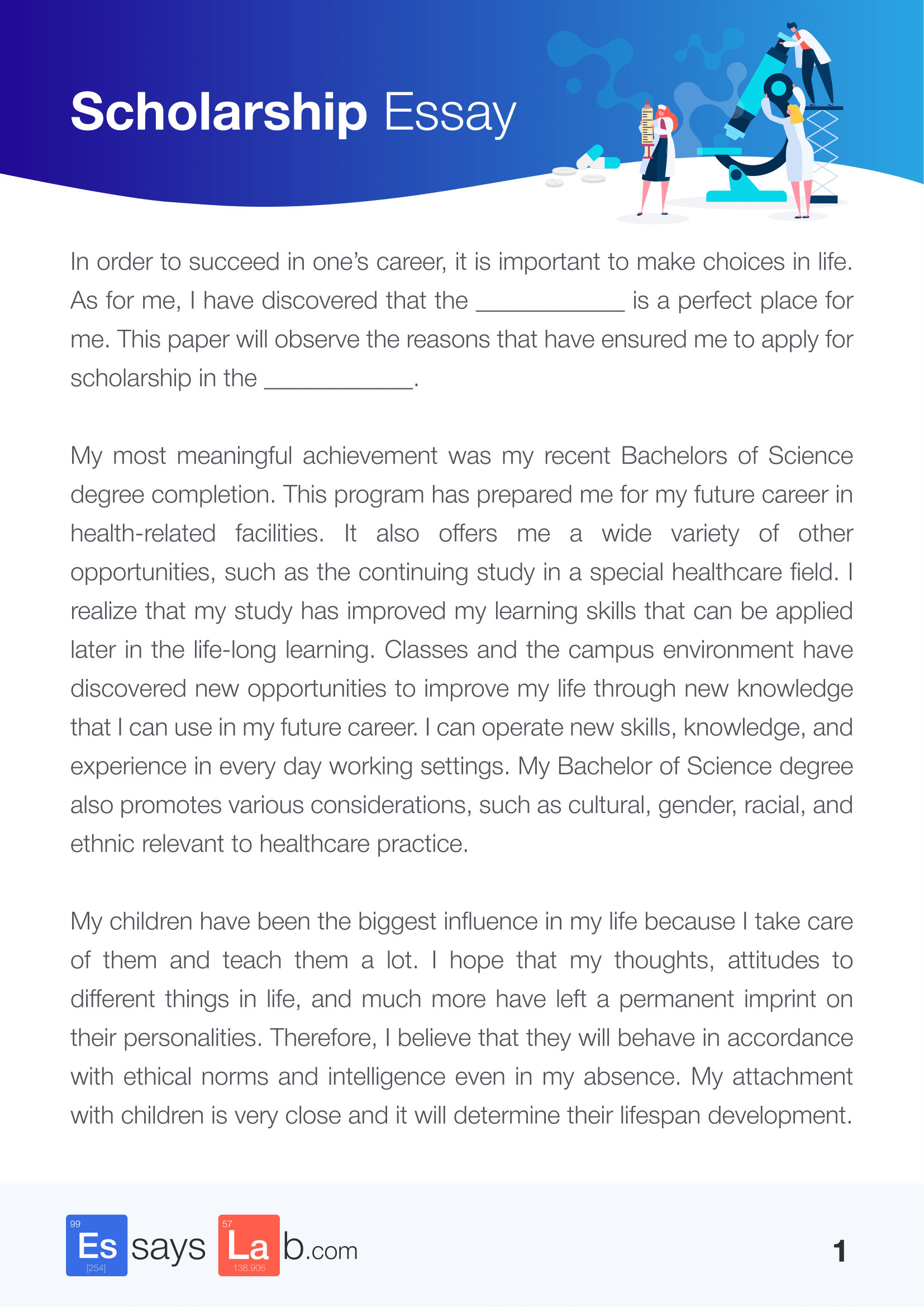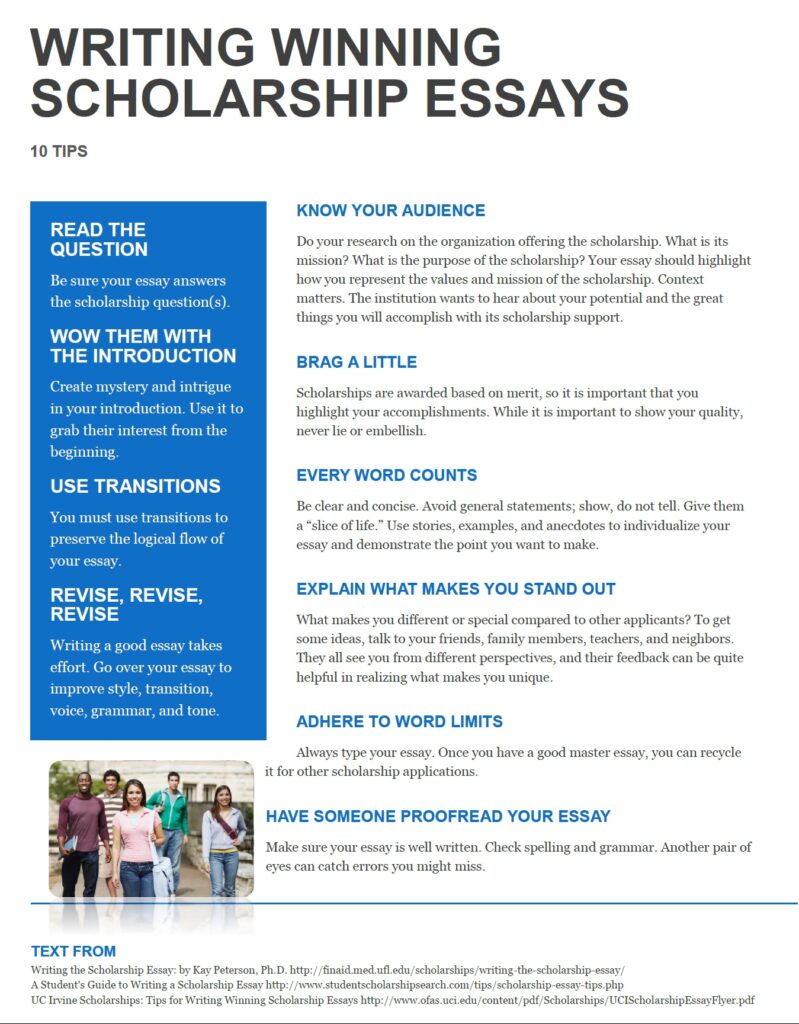My Journey to Writing Scholarships: A Story of Passion, Persistence, and Penning Your Way to Funding
I remember a time when my biggest dream felt utterly out of reach. It wasn’t just about wanting to write; it was about wanting to study writing, to immerse myself in stories, poetry, and the craft of words. But like many aspiring creatives, a looming shadow always followed that dream: money. Tuition fees, living costs, books – it all added up, threatening to keep my pen firmly capped.
"How will I ever afford this?" I’d whisper to my reflection, a stack of blank notebooks gathering dust beside me. My passion for storytelling was immense, but my bank account? Not so much.
Then, one rainy afternoon, buried under a pile of loan applications that felt heavier than any novel I’d ever read, I stumbled upon a tiny, shimmering beacon of hope: writing scholarships.
It was like discovering a secret garden I never knew existed. Scholarships specifically for people who loved to write? Could it be true? This is my story, a heartfelt journey through the sometimes bewildering, often frustrating, but ultimately rewarding world of writing scholarships. And I’m here to tell you, if I can find my way, you absolutely can too.
The "Aha!" Moment: Realizing Writing Could Pay
Before I knew about writing scholarships, I thought scholarships were only for math wizards or sports superstars. My grades were decent, but I wasn’t top of the class in calculus, nor could I score a touchdown. My superpower was words. I could spend hours crafting a single sentence, losing myself in character development, or making a poem sing.
The idea that my love for language, my endless scribbles in notebooks, and my vivid imagination could actually fund my education was revolutionary. It shifted something profound inside me. It wasn’t just a hobby; it was a skill, a talent that institutions and foundations were willing to invest in. This wasn’t charity; it was an investment in future storytellers, journalists, poets, and communicators.
That realization was the first spark. It ignited a new kind of hope, replacing the despair with a fierce determination. I wasn’t just looking for money anymore; I was looking for recognition, for a chance to prove that my voice mattered.
Navigating the Scholarship Maze: Where to Begin Your Search
Okay, so I knew writing scholarships existed. Great! But where do you even begin to look? It felt like searching for a specific star in a sky full of billions. Overwhelming, right?
I started small, with what I knew.
- My Prospective Universities: Every university I was interested in had a financial aid or scholarships section on their website. Many offered internal scholarships specifically for students entering their English, Creative Writing, or Journalism programs. These were often less competitive because only students applying to that specific school could get them.
- Online Scholarship Databases: This is where the real digging began. Websites like Fastweb, Scholarship.com, Chegg Scholarships, and College Board were treasure troves. I typed in keywords like "writing scholarships," "creative writing funding," "scholarships for poets," "journalism scholarships," "essay scholarships," and "literature awards." Be prepared to filter through a lot of options, but don’t get discouraged!
- Specific Organizations & Foundations: I learned that many literary magazines, writing associations, and charitable foundations offer their own scholarships or grants. For example, PEN America, the National Endowment for the Arts (NEA), or local literary councils might have programs. These often target specific genres (poetry, fiction, non-fiction) or demographics.
- Community & Local Opportunities: Don’t forget your own backyard! Local libraries, community foundations, Rotary Clubs, and even high school alumni associations sometimes offer scholarships. These are often overlooked and can have fewer applicants.
My biggest takeaway from this initial search? Start early, and be persistent. Scholarship deadlines creep up fast, and you need time to gather materials. Make a spreadsheet. Seriously, it’s a lifesaver. List the scholarship name, deadline, requirements, and a link to the application. This will keep you sane.
Understanding What They’re Looking For: More Than Just Good Grades
When I first started applying, I thought it was all about having perfect grades. While academic performance certainly helps, especially for university-specific scholarships, I quickly learned that for writing scholarships, they’re looking for something deeper. They want to see:
- Your Voice: Do you have something unique to say? Can you express yourself clearly, compellingly, and authentically?
- Your Potential: Are you passionate about writing? Do you show promise in your craft? They’re investing in your future growth.
- Your Story: What drives you? What experiences have shaped your perspective? They want to know the person behind the words.
- Your Dedication: Are you actively involved in writing (school newspaper, literary club, personal blog)? Do you have a track record of pursuing your passion?
It wasn’t just about checking boxes; it was about presenting myself as a budding writer worthy of their support. This realization made the application process feel less like a chore and more like an opportunity to showcase who I truly was.
Crafting Your Winning Application: My Hard-Earned Lessons
Applying for scholarships, especially writing ones, felt like a journey in itself. Each application was a new story I had to tell about myself. Here’s what I learned along the way:
1. The All-Important Essay: Your Canvas to Shine
This is it. This is your moment. For most writing scholarships, the essay (or essays) is the cornerstone of your application. This isn’t just an assignment; it’s your chance to show them you.
- Read the Prompt Carefully (and then read it again): Seriously, don’t rush this. Understand exactly what they’re asking for. Do they want a personal narrative? An essay on a specific topic? A creative piece? Answer the prompt fully.
- Tell Your Story: This is where your unique voice comes in. Don’t try to guess what they want to hear. Write about something you genuinely care about, something that reveals your character, your struggles, your triumphs. Authenticity is magnetic.
- Show, Don’t Just Tell: This is a classic writing tip, and it applies perfectly here. Instead of saying "I am passionate about writing," show them your passion through an anecdote. Describe the thrill of finishing a story, the frustration of writer’s block, or how a particular book changed your perspective.
- Be Specific: Generic essays are forgettable. If you’re writing about why you want to study creative writing, don’t just say "I love books." Talk about a specific author who inspired you, a particular literary movement you find fascinating, or a moment when you realized the power of words.
- Edit, Edit, Edit (and then get someone else to edit): Typos and grammatical errors are instant red flags. They show a lack of care. Polish your essay until it gleams. Read it aloud. Ask a trusted teacher, mentor, or friend to proofread it. A fresh pair of eyes catches what yours might miss.
2. Your Portfolio: A Window to Your World
Many writing scholarships will ask for a portfolio of your work. This is your personal gallery of words, a collection that showcases your best pieces.
- Curate Carefully: Don’t just throw everything you’ve ever written into the folder. Choose your strongest, most polished pieces. Quality over quantity, always.
- Show Variety (if appropriate): If you write poetry, fiction, and non-fiction, and the scholarship allows for it, include examples from different genres to demonstrate your versatility. However, if the scholarship is specifically for poetry, stick to your best poems.
- Adhere to Guidelines: Pay close attention to word counts, page limits, and formatting requirements. If they ask for three poems, don’t send five.
- Include Explanations (if allowed): Sometimes, a brief note explaining the context or inspiration behind a piece can add value, but only if the application allows for it.
3. Recommendation Letters: Your Champions Speak
Choose people who truly believe in your words and your potential. A teacher who knows your writing style, a mentor from a writing workshop, or an editor from your school newspaper can write powerful letters.
- Ask Early: Give your recommenders plenty of time (at least 2-3 weeks, preferably more) to write a thoughtful letter.
- Provide Information: Make it easy for them. Remind them of specific projects you worked on, your achievements, and why you’re applying for this particular scholarship. Provide your resume and a draft of your scholarship essay if possible.
- Be Grateful: Always send a thank-you note or email after they submit the letter.
4. Transcripts and Grades: The Foundation
While passion and talent are key, good academic standing is still important. It shows you’re a serious student capable of handling college-level work. Make sure your transcripts are accurate and submitted on time.
5. Deadlines: Non-Negotiable
This is perhaps the most crucial "rule." A brilliant application submitted five minutes late is a wasted effort. Mark deadlines on your calendar, set reminders, and aim to submit at least a day or two early to avoid last-minute technical glitches.
My Hard-Earned Lessons: Tips I Wish I Knew Earlier
Beyond the mechanics of applying, there were deeper lessons I learned about resilience and self-belief.
- Start Yesterday: Seriously, the earlier you begin your scholarship search and application process, the less stressed you’ll be.
- Read the Fine Print: Every scholarship is different. Some have specific age requirements, residency rules, or GPA minimums. Don’t waste your time on scholarships you don’t qualify for.
- Tailor Each Application: Don’t use a generic essay for every scholarship. Tweak your essays, portfolios, and even your resume to specifically address what that particular scholarship is looking for. It shows you care.
- Proofread Until Your Eyes Cross (and then ask someone else): I can’t stress this enough. A sloppy application screams "I don’t care enough."
- Rejection Isn’t Personal: I got a lot of "no"s. A lot. It stung every time. But I learned that it wasn’t a reflection of my worth as a writer. It simply meant someone else was a slightly better fit for that specific award at that specific time. Learn from it, adjust, and keep applying.
- Network Like a Friendly Spider: Connect with other writers, professors, and mentors. They might know about scholarships you haven’t discovered or offer invaluable advice.
- Be Unapologetically You: Your unique voice is your superpower. Don’t hide it. Don’t try to sound like someone you’re not. Let your personality shine through your writing.
- Keep Writing, Always: Even when you’re bogged down in applications, keep writing for the sheer joy of it. This keeps your skills sharp and your passion alive, which will ultimately reflect in your scholarship essays.
The Breakthrough Moment: When Hope Became Reality
After months of searching, writing, editing, and submitting, I was starting to feel a bit worn down. The rejections were piling up, and the dream felt distant again. I even considered giving up.
Then, one day, an email arrived. The subject line was unassuming, but the contents made my heart pound. It was from a small literary foundation I had applied to, almost on a whim. They were offering me a substantial scholarship, enough to cover a significant portion of my tuition for my first year.
I remember staring at the screen, tears blurring the words. It wasn’t just the money; it was the validation. Someone believed in my words. Someone saw my potential. It was the moment my dream transformed from a hazy wish into a tangible path.
That scholarship wasn’t the only one I eventually received, but it was the first, and it changed everything. It gave me the confidence to keep going, to apply for more, and to ultimately pursue my writing education without the crushing weight of financial burden.
Your Story Starts Now: Pen Your Way to Funding
So, if you’re out there, a fellow aspiring writer with big dreams and a slightly smaller budget, please hear me: Writing scholarships are real, and they are within your reach.
Don’t let the fear of financial constraints dim your creative spark. Your words have power, not just to tell stories, but to open doors. The journey might be challenging, filled with rejections and late nights, but it is profoundly worthwhile.
Start your search today. Polish your essays. Believe in your voice. And remember, every word you write, every story you tell, every poem you craft, is a step closer to funding your future. Your story deserves to be told, and your education deserves to be funded. Go forth and write your way to success!



